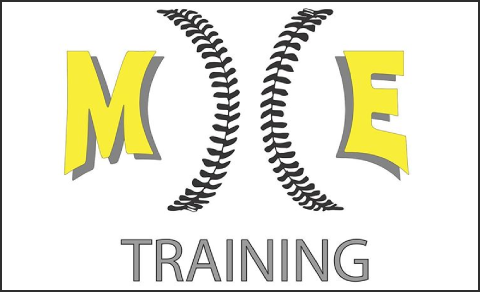Hello everybody and welcome to our third edition of the weekly mailbag. Last week we discussed the golden era of baseball, the baseball equivalent of Deflategate, which program would be in store for a big 2016 and advice for high school athletes deciding on where to take their talents…
Without further ado, we’ll dive into the emails for this week and, as always, if you would like to be featured in the August 17th edition, send your email to baseballontheisland@gmail.com.
What are some of the things scouts look for when breaking down a pitcher?
Kevin, Massapequa
Age-23
Great question, because it is one of the things that players have a hard time dealing with when they realize that game results aren’t the be-all, end-all. All I wanted to hear when I performed well was “the Mets could use a pitcher like you”. That wasn’t the case.
Scouts want to see clean mechanics that are conducive to repetition and consistency. If a pitcher has bad mechanics, he’s not only an injury risk but also more likely to have bouts with bad control.
Also, in terms of the actual pitching:
1) is the velocity good with sustainability late into the game?
2) does he have command of the breaking ball? Does he have the same release point as the fastball?
3) does he have a calm demeanor or is he constantly frustrated with the umpire and his defense?
For a hitter, it’s a little more cut and dry. If a player can drive the baseball and has little-or-no weakness at the plate, scouts will be interested. There’s simply not a ton of hitting in the game right now to be turning down a player that has a unique style of hitting.
I am a sophomore and I enjoy playing catcher and first base. Which position do you think is easier to play at the college level?
Matthew, South Setauket
Age-15
Well, if you can play they’ll get you in the lineup anywhere but historically it has been much easier for catchers to find jobs than corner infielders.
In the Major Leagues, if a catcher can show just a little bit of pop a team is willing to live with a poor batting average and a lot of strikeouts. Players like John Buck made long careers from that style of play. That is assuming that you can call a good game and handle the running game, of course.
Corner infielders are usually bigger guys that possess a great deal of power. The team is usually counting on them to be a consistent force in the middle of the lineup. Third base is a tough defensive position because of the speed of the ball coming off the bat and the long throws you are asked to make. First base is probably the least demanding position on the field but it requires having good footwork and the ability to handle tough throws.
As a journalist/reporter, is it hard to separate being a fan from doing your job?
Rob, Oceanside
Age-35
Initially, yes. We grow up rooting for baseball like any other fan and then all of a sudden–you have a job to do. It becomes easier because you become desensitized to the emotional side of the game. Also, you root for the biggest stories so that you have interesting pieces to write. If it comes at the cost of your favorite team not winning a championship or getting embarrassed on the field, so be it.
With the seasons being all out of whack in recent years, wouldn’t it make more sense to change the high school and college baseball seasons?
Marie, Farmingdale
Age-40
This is an idea I’ve written about in the past. It makes no sense to have outdoor games in February when the average high on Long Island is 42 and the average low is 29. There’s virtually no chance that the game will be played in tolerable conditions. Now that the fall weather is closer to summer than spring, it stands to reason that the season should be from late August to Halloween as opposed to February to May. The only issue is getting football teams to switch their schedules and they would never allow it.
Thanks for keeping the emails coming in! Make sure to check back for the August 17th edition.









